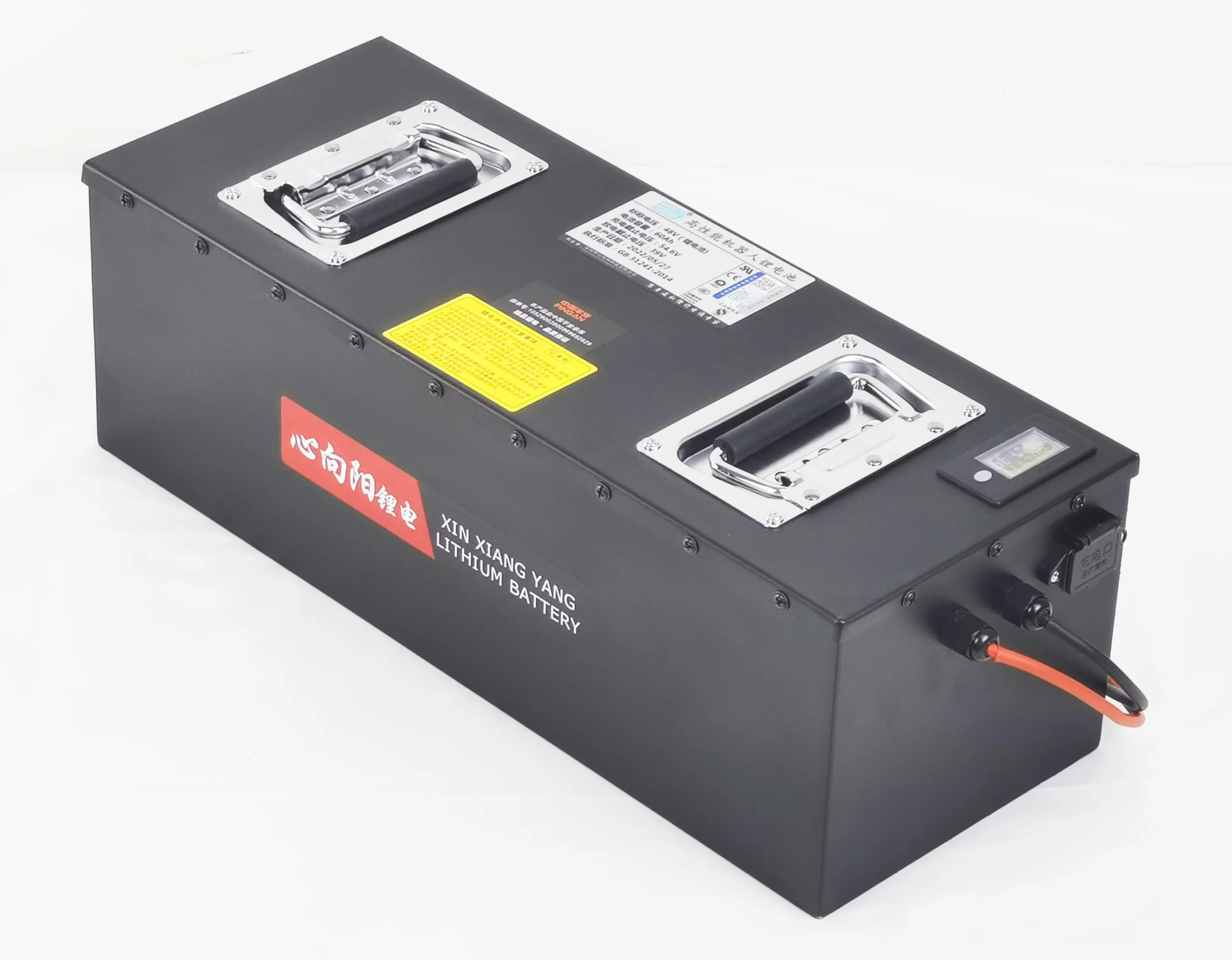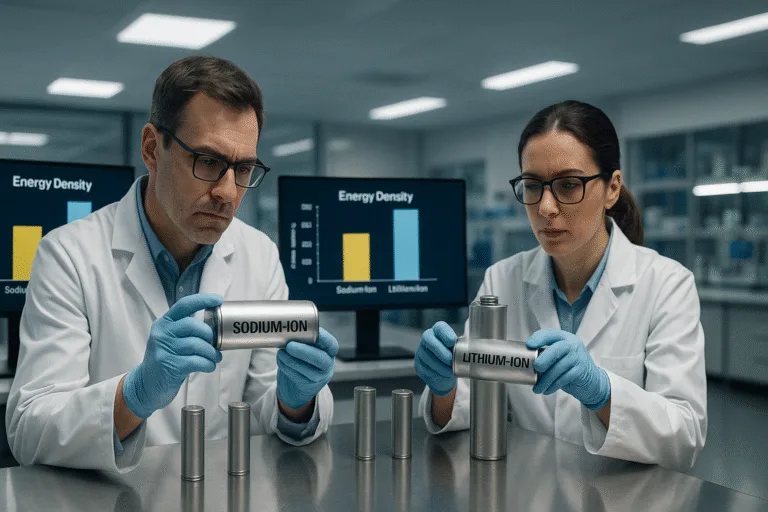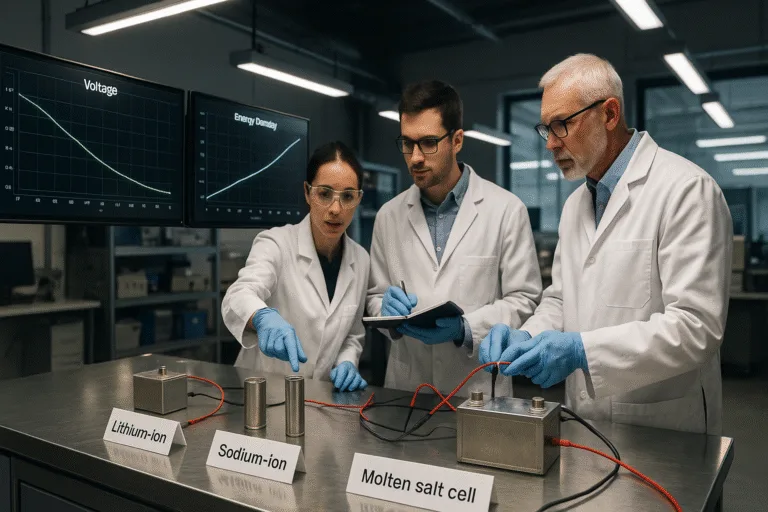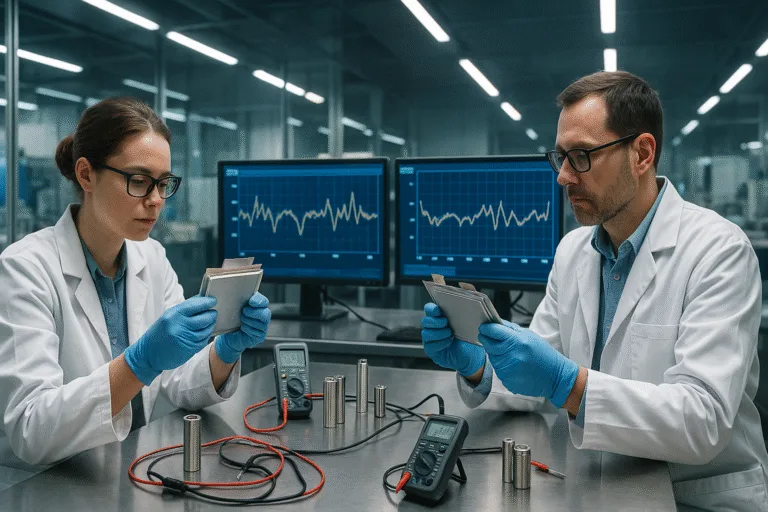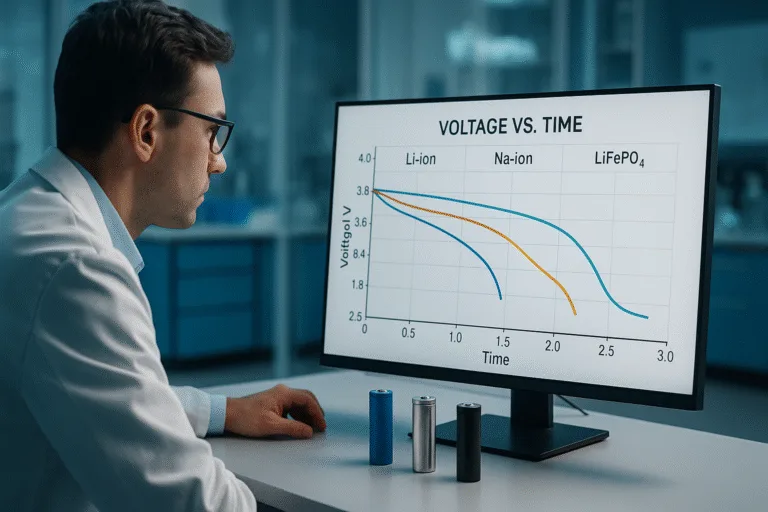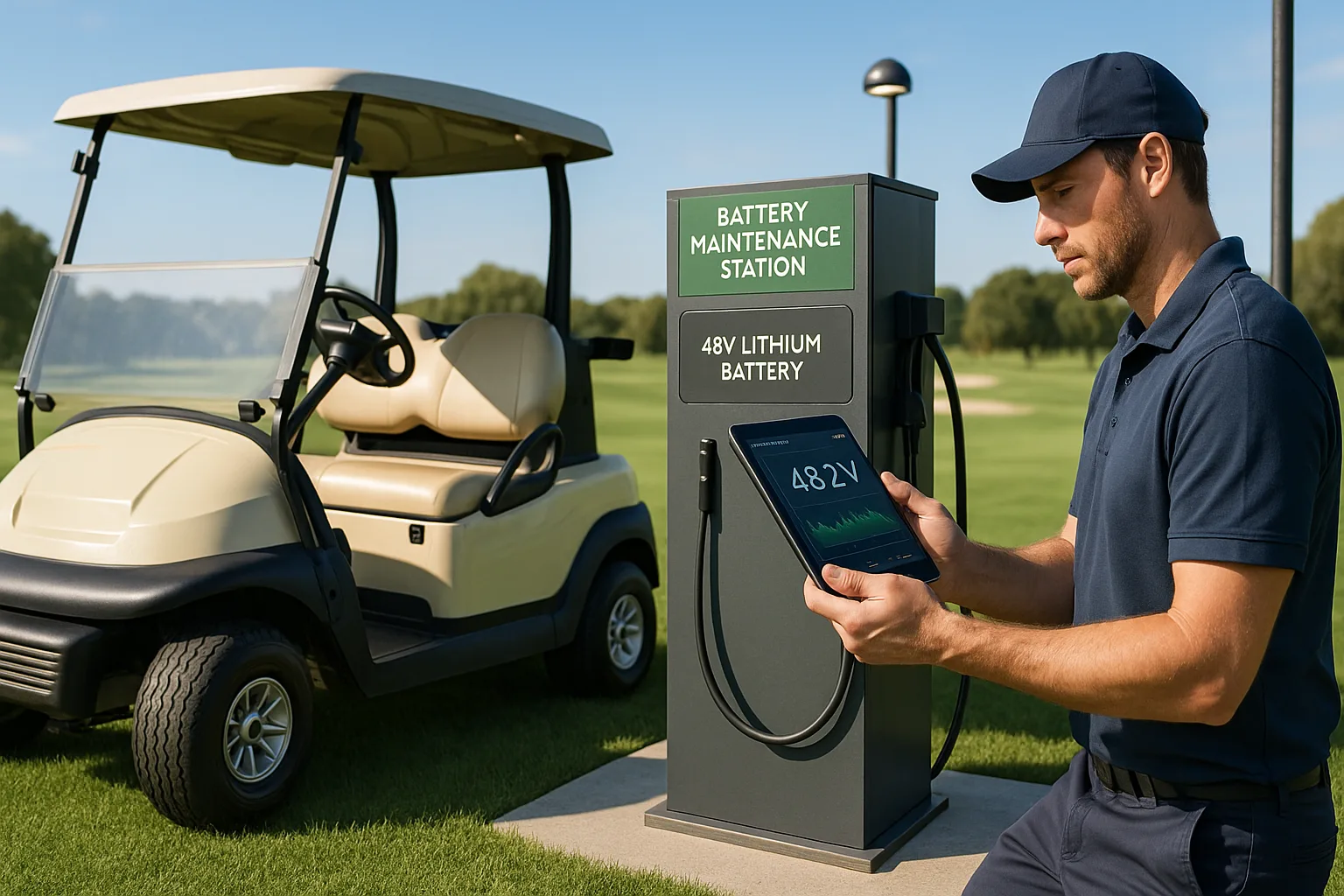
You have a 48V golf cart, but you’re not sure about its true performance. You wonder how long the batteries should last, how far you can go, and if you’re getting the best value for your money.
A good 48V lead-acid battery set lasts 3-5 years, while a 48V lithium battery lasts 10 years or more. On a single charge, lead-acid may give you 15-20 miles, but a lithium battery will get you 30-50+ miles.
As a battery expert, I see this all the time. A client with a beautiful cart is frustrated because his new lead-acid batteries are already feeling weak after just two seasons. He feels tied to the charger. When I explain the difference in lifespan and range, it’s a true “aha” moment for him.
How long does a 48v golf cart last?
This question can mean two different things. Are you asking about the cart’s range on one charge, or the total lifespan of the batteries? Let’s cover both.
A 48V golf cart can typically run for 20-40 miles on a single charge. The battery pack’s lifespan is the bigger issue: 3-5 years for old lead-acid, but 10+ years for a modern lithium battery.

Runtime vs. Lifespan
It is critical to understand these two different metrics.
- Runtime (Range): This is how far you can drive before you must recharge. It is measured in miles or hours.
- Lifespan (Service Life): This is how many years you can use the battery before it must be replaced. It is measured in charge cycles or years.
For a 48V cart, the battery chemistry (lead-acid vs. lithium) is the most important factor for both runtime and lifespan.
How long do 48 volt golf cart batteries last?
When it is time to replace your batteries, this is the most important question. The answer depends completely on the battery type you choose.
Traditional 48V lead-acid batteries will last 3-5 years with perfect maintenance. A 48V LiFePO4 (lithium) battery will last 10-15 years with zero maintenance. The difference in technology is huge.
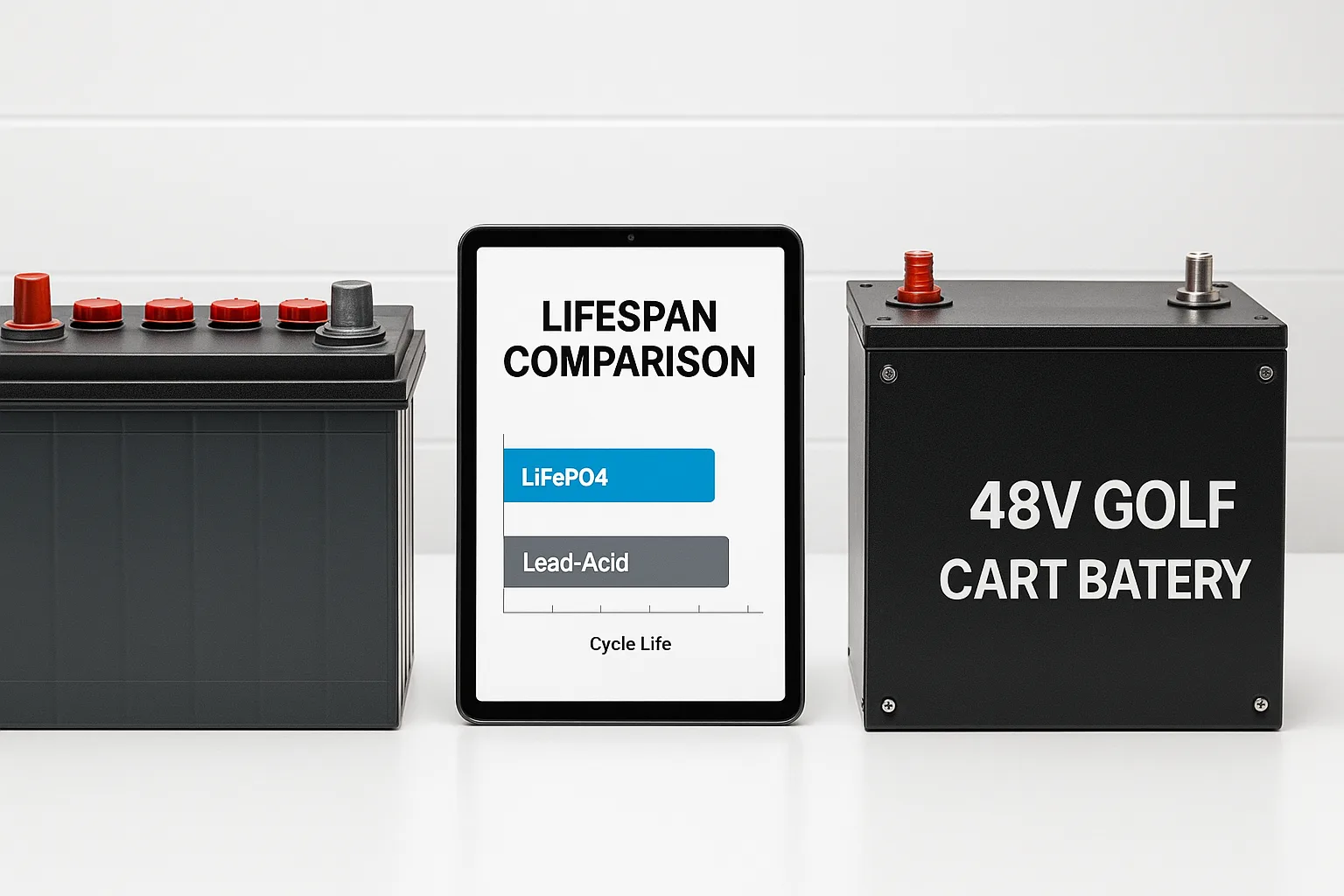
A Head-to-Head Comparison
We work with B2B clients and fleet managers, and the math is very clear for them. The long-term value of lithium is unmatched.
| Feature | Flooded Lead-Acid Batteries (FLA) | Junda LiFePO4 Lithium Batteries |
|---|---|---|
| Average Lifespan | 3-5 years (500-800 cycles) | 10-15 years (3,000-5,000+ cycles) |
| Maintenance | Constant watering, cleaning terminals | None. Install and forget. |
| Charge Time | 8-10 hours | 2-4 hours |
| Weight | ~330 lbs / 150 kg (for 6x 8V) | ~85 lbs / 38 kg (for 1x 48V) |
The Maintenance Problem
With lead-acid, that 3-5 year life is only possible if you are perfect.
- You must check and top off the water in every cell monthly.
- You must clean the corroded terminals.
- You must follow a strict, multi-stage charging process.
- You must never let them discharge too deep.
Any mistake shortens their life. This is why so many cart owners are frustrated. Lithium batteries remove all of this work.
How far will an electric golf cart go on a full charge?
Your cart’s range is its "fuel tank." This is where lithium technology truly shines. The old lead-acid batteries1 simply cannot compete.
A 48V golf cart with lead-acid batteries will go 15-20 miles. A 48V cart with a high-quality lithium battery (like a 100Ah model) will go 30-50 miles or more on a single full charge.
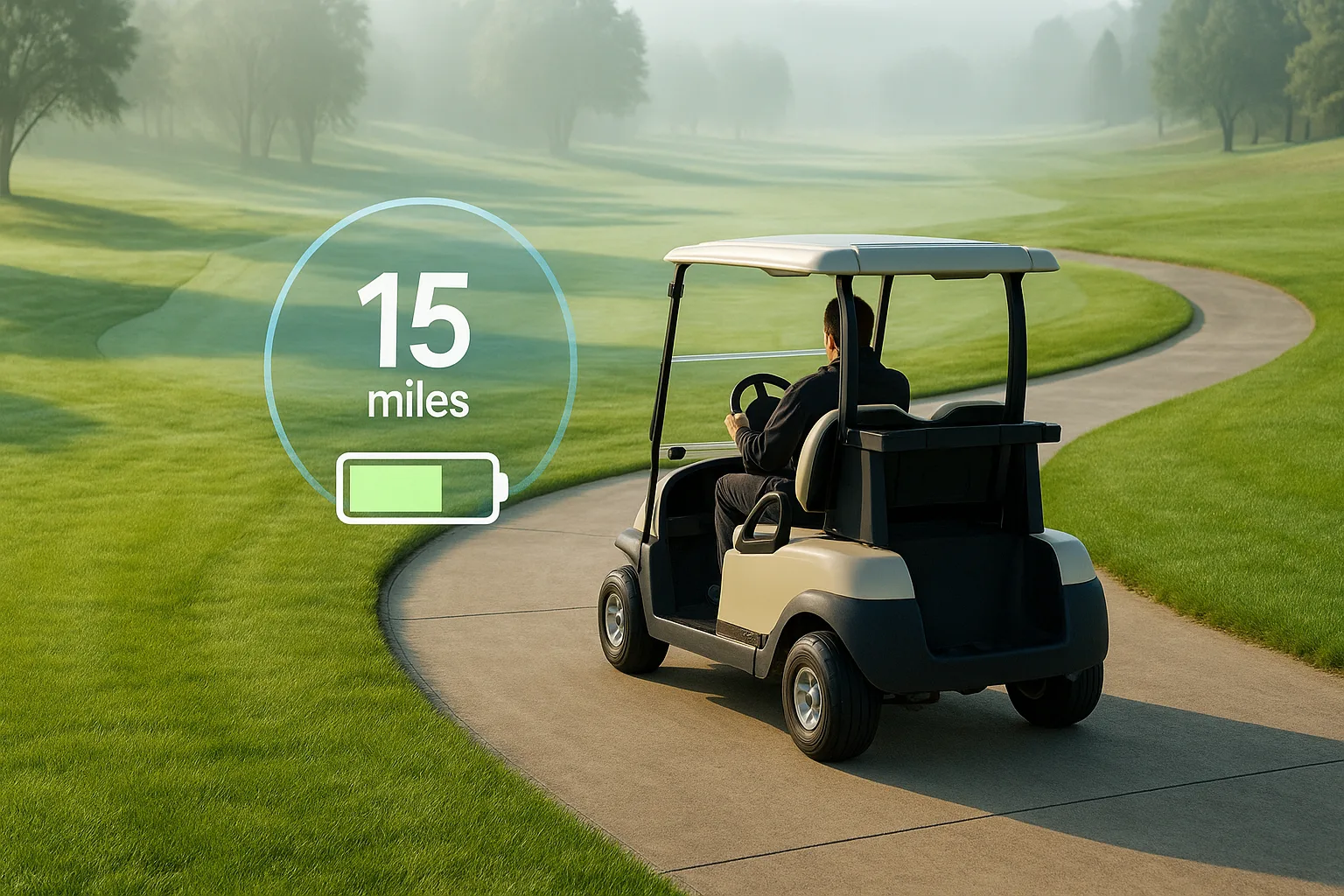
What Determines Your Real-World Range?
The range on the box is not always the range you get. As an engineer, I can tell you that range is affected by several key factors:
- Battery Capacity (Ah): This is the most important. An Amp Hour (Ah) is the size of your fuel tank. A 100Ah lithium battery2 holds far more usable energy than a standard lead-acid setup.
- Terrain: Driving up steep hills requires much more energy and will reduce your range.
- Vehicle Load: Carrying four passengers and golf bags will drain the battery faster than driving solo.
- Tire Pressure: Under-inflated tires increase rolling resistance and use more power.
A major benefit of lithium is that it provides 100% of its power all the time. Lead-acid batteries get "tired" as they discharge. Your cart feels sluggish on the last few holes. A lithium cart feels strong right until the battery is empty.
What are the best 48v lithium battery for golf cart?
If you are upgrading, you want the best. The "best" battery is one that combines safety, performance, and a long warranty.
The best 48V lithium battery is a LiFePO4 (Lithium Iron Phosphate) model that includes a high-quality Battery Management System (BMS). Look for a trusted brand that offers at least a 5-year warranty (we offer 8-10 years).
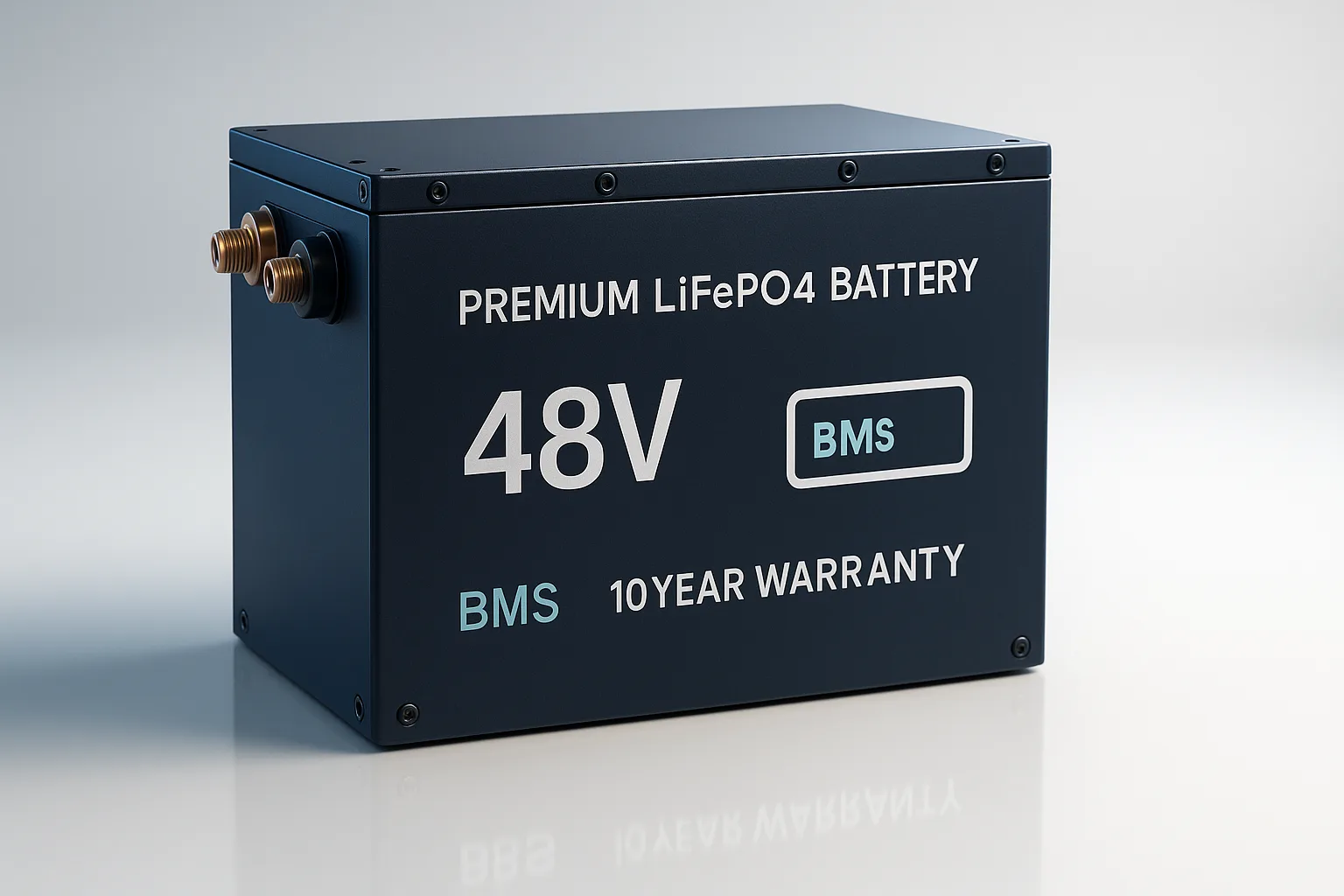
What to Look For
As a custom manufacturer, this is our specialty. We build packs for industrial clients, so we focus on reliability. Here is your checklist.
1. The Chemistry: LiFePO4
This is the only lithium chemistry you should consider for a golf cart. It is the safest, most stable, and longest-lasting option. It is not flammable and is not prone to the issues you hear about with phone batteries.
2. The "Brain": The BMS
The Battery Management System (BMS) is the battery’s onboard computer. This is the most critical component.
- A good BMS (like ours) protects the battery from over-charging, over-discharging, short-circuits, and high temperatures. It also balances the cells.
- A cheap BMS from a no-name brand is the #1 cause of failure. It can fail, leaving you stranded, or even damage the battery.
3. The Warranty
A company’s warranty tells you how confident they are in their product.
- Avoid: Short, 2 or 3-year warranties.
- Look for: A minimum 5-year warranty. Top-tier brands like Junda, Trojan, and Eco Battery offer 8-year or even 10-year warranties.
Conclusion
A 48V lithium upgrade is the best investment for your cart. It provides a much longer lifespan, double the range, and zero maintenance. You get a better-performing cart and save money in the long run.

